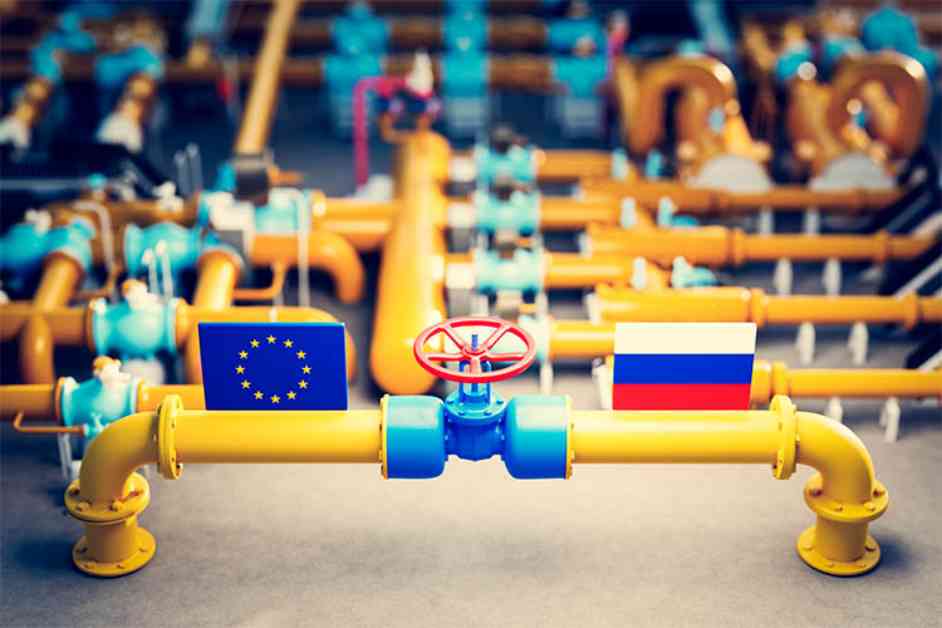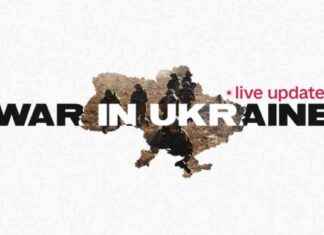Ukraine Halts Russian Gas Flow to Europe: A Historic Decision Impacting Energy Security
In a historic move that has sent shockwaves through the energy sector, Ukraine officially halted the transit of Russian natural gas to Europe as of 7:00 a.m. on 1 January 2025. This decision, announced by Ukraine’s Ministry of Energy, marks a significant shift in the geopolitics of energy supply and highlights the complex interplay between national security interests and global relations.
Impact on Energy Security and Global Relations
The primary reason cited by the Ukrainian Ministry of Energy for this unprecedented action was the country’s “national security interests.” This bold move follows Ukraine’s refusal to renew a five-year transit agreement with Russia’s Gazprom, which had been in effect since 2019. The expiration of the agreement is widely seen as a response to the ongoing conflict between Ukraine and Russia, with President Volodymyr Zelenskyy emphasizing that Ukraine will not allow Russia to profit from its resources amid the hostilities.
Consequences for EU Nations and Diplomatic Tensions
The ramifications of Ukraine’s decision are expected to be felt most acutely by several EU countries, particularly Slovakia and Austria, which have historically relied heavily on this route for their gas supplies. The disruption in Russian gas transit could potentially lead to price spikes and shortages in these nations. However, the European Union has been proactively preparing for such a scenario by diversifying its energy sources and increasing its capacity for liquefied natural gas (LNG) imports from other regions.
Energy Minister Herman Halushchenko described the move as a “historic event” that will result in Russia losing markets and suffering financial losses. He linked Ukraine’s decision to the European Union’s RePower EU initiative, which aims to reduce dependency on Russian energy resources. Despite the potential economic repercussions, Ukrainian officials have asserted that the country’s gas transportation infrastructure is technically equipped to handle zero-transit operations while ensuring a reliable supply to domestic consumers.
The Human Side of the Story: Impact on Everyday Lives
Amid the diplomatic tensions and strategic calculations surrounding the gas transit ban, it’s crucial to remember the real impact on everyday lives. For the people of Ukraine, this decision is not just about geopolitics; it’s about ensuring access to essential resources during challenging times. The threat of electricity cuts from Slovakia adds another layer of complexity to an already tense situation. As Ukrainian energy experts work to mitigate the potential consequences of this move, it’s a stark reminder of the interconnectedness of global energy systems and the human stories behind every policy decision.
As we navigate the complexities of energy security and international relations, let’s not lose sight of the individuals and communities affected by these decisions. Whether it’s ensuring reliable access to gas for heating homes or maintaining vital electricity supplies during crises, the human impact of geopolitical maneuvering is a reminder of the stakes involved. In a world where headlines often dominate our attention, let’s pause to consider the human side of the story and the resilience of those facing uncertainty in the midst of geopolitical shifts.

















